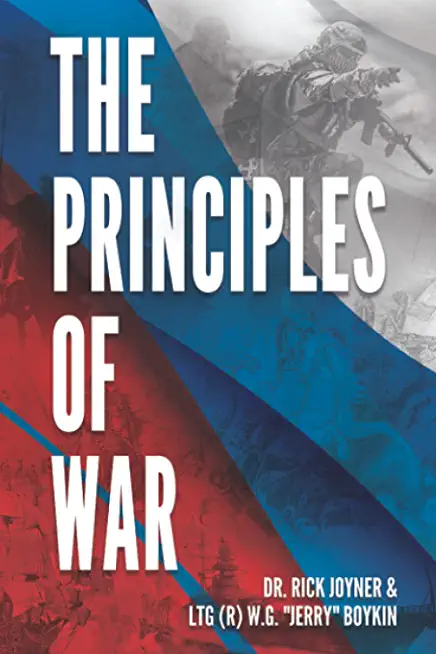
BRILLIANT, YOUNG AND AMBITIOUS, Annika Tritzchler defies the norms of 1930s Berlin by pursuing medical training in a venue traditionally dominated by men. Facing contempt from her counterparts is minor compared to the massive upheaval in a city transitioning to dictatorship while brutally persecuting its enemies.
Annika's career takes a decisive turn when, early in her psychiatric residency, she is expected to participate in applied eugenics- the roguish trend within Nazi medicine. Sterilizing patients deemed racially inferior and euthanizing the handicapped (including patients that she, herself, has been treating) works against everything she holds sacred. Acquiescence means choosing survival over morality, the antithesis to the spirituality nurtured by her Lutheran mother and Jewish stepfather.
Brimming with historical detail, Fräulein is less a story of Nazism than a woman's attempt to rediscover meaning after her sense of self was shattered by unimaginable trauma. Recapturing identity is central, but only if she comes to terms with guilt.
★★★★★
"Leonards successfully blends the horrific events of early 20th century Germany with the life story of Annika, whose search for meaning in life leads her into a career in medicine and beyond that into psychiatry and treatment of mental illness. The novel breathes life into many of the key issues of the era, including anti-Semitism, the mass hysteria of Fascism, and the totalitarian regime's iconic institutions, the concentration camps and the euthanasia programs. Experiencing all of this, Annika tries valiantly to maintain her sanity as well as her sense of morality, and in describing her struggles Leonards has created one of the most unforgettable characters in modern literature."
-Jack Morrison, Ph.D. Author of Ravensbrück: Everyday Life in a Women's Concentration Camp 1939-45
-Charles Rotmil one of Maine's few living survivors of the Holocaust "Fraulein is a masterfully written, psychologically astute portrayal of a young woman living and practicing psychiatry in a country descending into political and moral insanity, a chaos that consumes its intelligentsia and decent people, and that threatens to consume her own integrity. Filled with lyrical, almost transcendental beauty, and etched depictions of evil, Fraulein is both a gripping story and an unforgettable lesson from history that the gift of a civilized society cannot be taken for granted, but must be nurtured at every turn - it is the only thing saving humanity from the abyss."
-Jonathan Borkum, Ph.D. Psychologist and Author of Chronic Headaches: Biology, Psychology, and Behavioral Treatment "Your fictional character, Annika, sounds like my kind of person..."
-Tony Campolo, Ph.D. Emeritus Professor of Sociology, Eastern University; public speaker; author of over 35 books; and former spiritual advisor to US President Bill Clinton.







